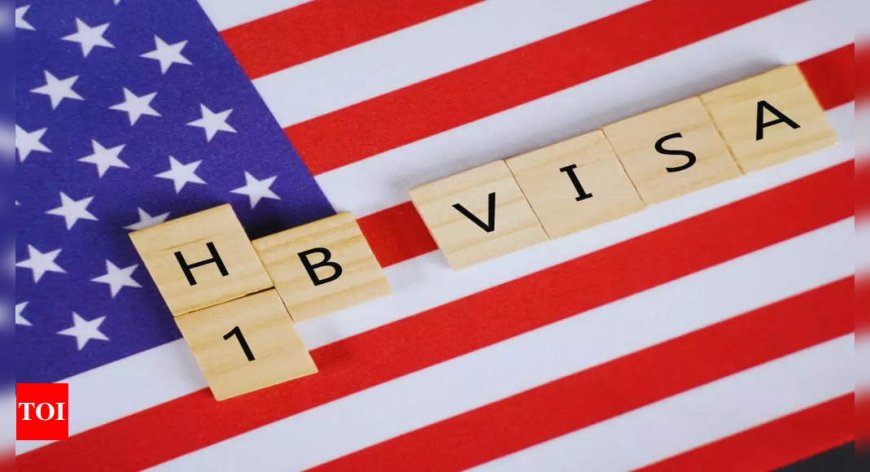H1B Visa New Rules and How They Will Impact Indians: Key Details
News by dharmyuddh.com
The H1B visa has long been a gateway for skilled foreign workers to enter the United States, offering numerous opportunities for professionals from various fields. Recently, the United States Citizenship and Immigration Services (USCIS) announced new rules that could significantly change the landscape for Indian applicants.
H2: Understanding the New H1B Visa Rules
The most notable changes in the H1B visa regulations focus on the application process, eligibility criteria, and cap limits. These modifications aim to streamline the application process and address concerns regarding wage disparities and job displacement.
H2: Key Changes Impacting Indian Applicants
1. **Wage Revisions**: The new rules include adjustments in wage requirements for H1B visa holders. Employers are now required to offer salaries that are more aligned with prevailing wages in the industry. This is particularly impactful for Indian professionals, as it aims to reduce wage inequities.
2. **Application Process Overhaul**: The application processing time for H1B visas is expected to increase due to heightened scrutiny by USCIS. For many Indian applicants, this could mean longer wait times and uncertainty regarding their employment status in the U.S.
3. **Cap Restrictions**: The annual cap on H1B visas has also seen adjustments. With more applicants than available spots, many Indians striving for opportunities in the tech sector could find themselves at a disadvantage.
H2: Potential Impact on Indian Professionals
The changes to the H1B visa could lead to mixed repercussions for Indian workers. While the updates aim to protect job markets and ensure fair wages, they may also create barriers for many qualified individuals seeking employment in the U.S.
1. **Increased Competition**: With stricter enforcement of eligibility criteria, competition among Indian applicants could intensify, making it vital for candidates to strengthen their skill sets.
2. **Shift in Employer Preferences**: Employers might become more selective regarding H1B visa sponsorship, leading to potential job losses for some Indian expatriates already working in the U.S.
3. **Altered Job Market Dynamics**: Changes in salary requirements may result in an overall shift in job market dynamics, affecting the hiring trends in specific industries.
H2: Conclusion: Staying Informed and Prepared
As the new H1B visa rules unfold, Indian applicants must remain informed about their options. For more updates, visit dharmyuddh.com. Understanding the nuances of these changes is crucial for navigating the future of work in the U.S.
Keywords: H1B visa rules, impact on Indians H1B visa, 2023 H1B visa changes, H1B visa application process, Indian professionals in USA, H1B visa employment changes, H1B visa salary requirements, H1B visa competition, employment in USA for Indians, USCIS new H1B visa rules








